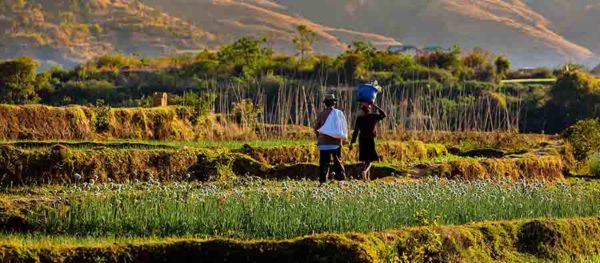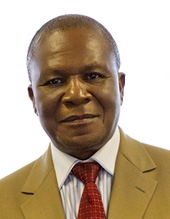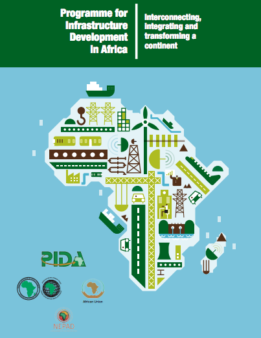Tag: african union

Three Ways the African Union Can Fight Corruption in Agriculture, and Win
Africa & Middle East: As African heads of state gather to discuss ending corruption in Addis Ababa, Nachilala Nkombo of the Malabo Montpellier Panel outlines how it can be beaten in agriculture.
Read MoreClosing Africa’s Yield Gap
Africa & Middle East: How can more competitive and sustainable fertilizer markets be established in Africa to contribute to an African Green Revolution?
Read MoreVideo: The African Union’s Vision for an Agricultural Transformation
Africa & Middle East: “Africa is ripe for agricultural change,” H.E. Tumusiime Rhoda Peace, Commissioner for Rural Economy and Agriculture at the African Union tells Farming First in the latest interview filmed exclusively for Farming First TV. She highlights, however, that the lack of capital to acquire technology remains a major barrier. Another key challenge for Africa is deficient […]
Read MoreThe Rise of Home Grown School Feeding: Five Ways to Make it Work
Global: This week, Farming First attended a panel event hosted by the All Party Parliamentary Group on Agriculture and Food for Development at the Houses of Parliament. The event explored recent developments in research, policy and programming for Home Grown School Feeding projects in the developing world. “When the drumbeat changes, the dance must also change”. […]
Read More



